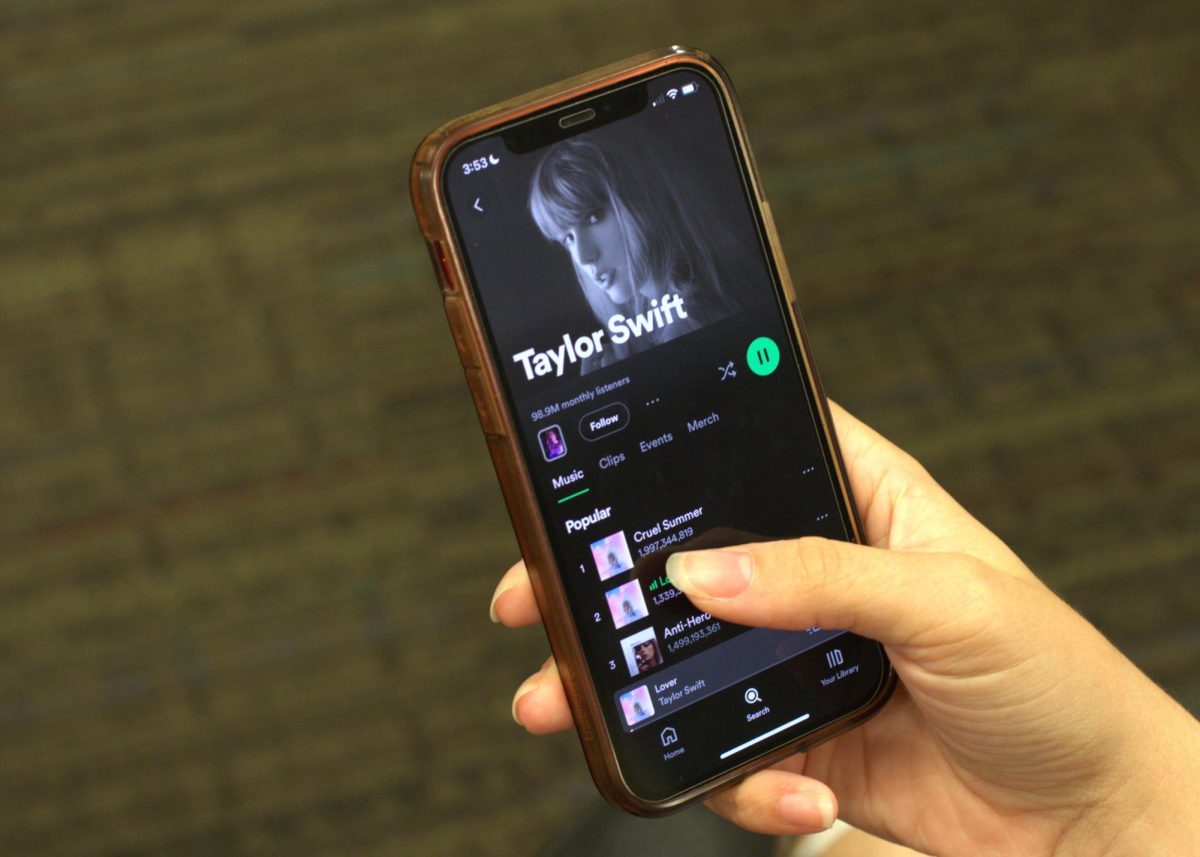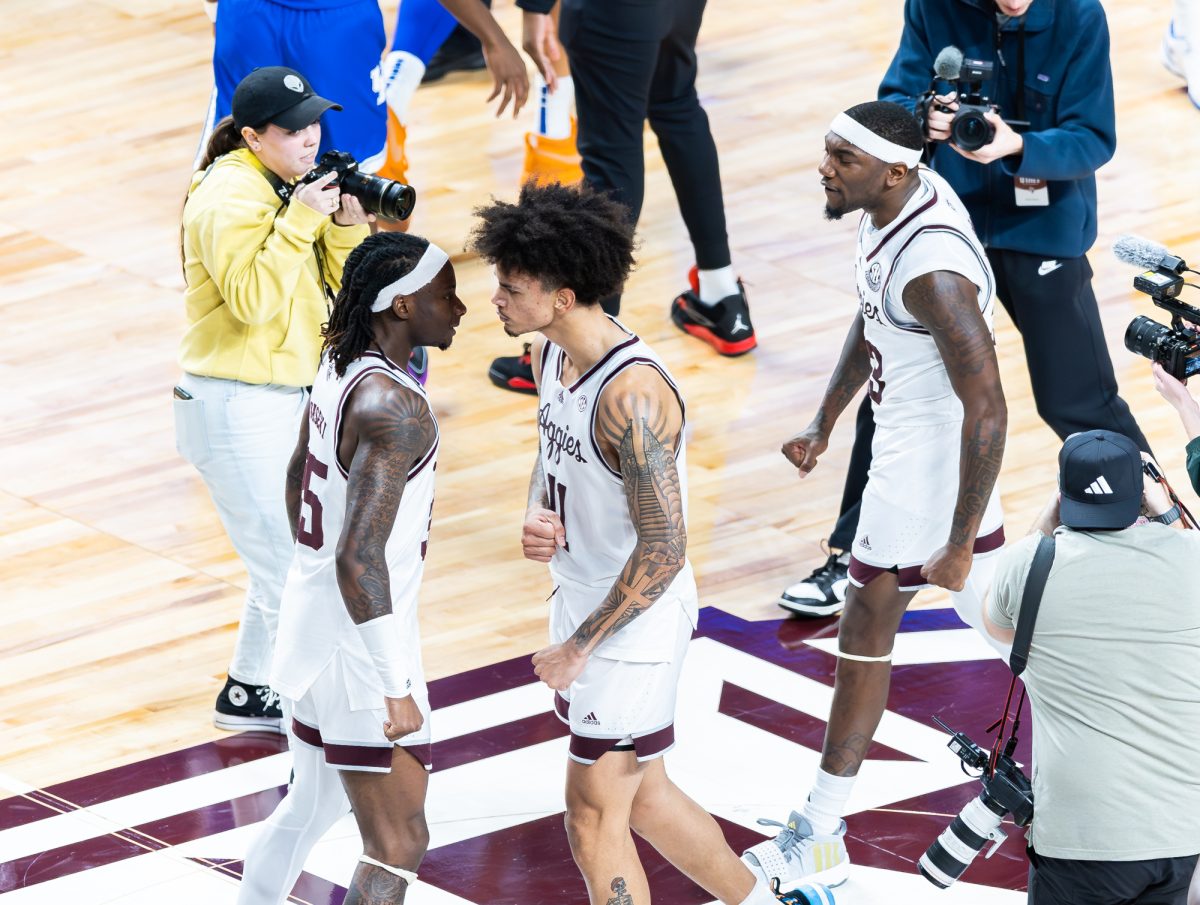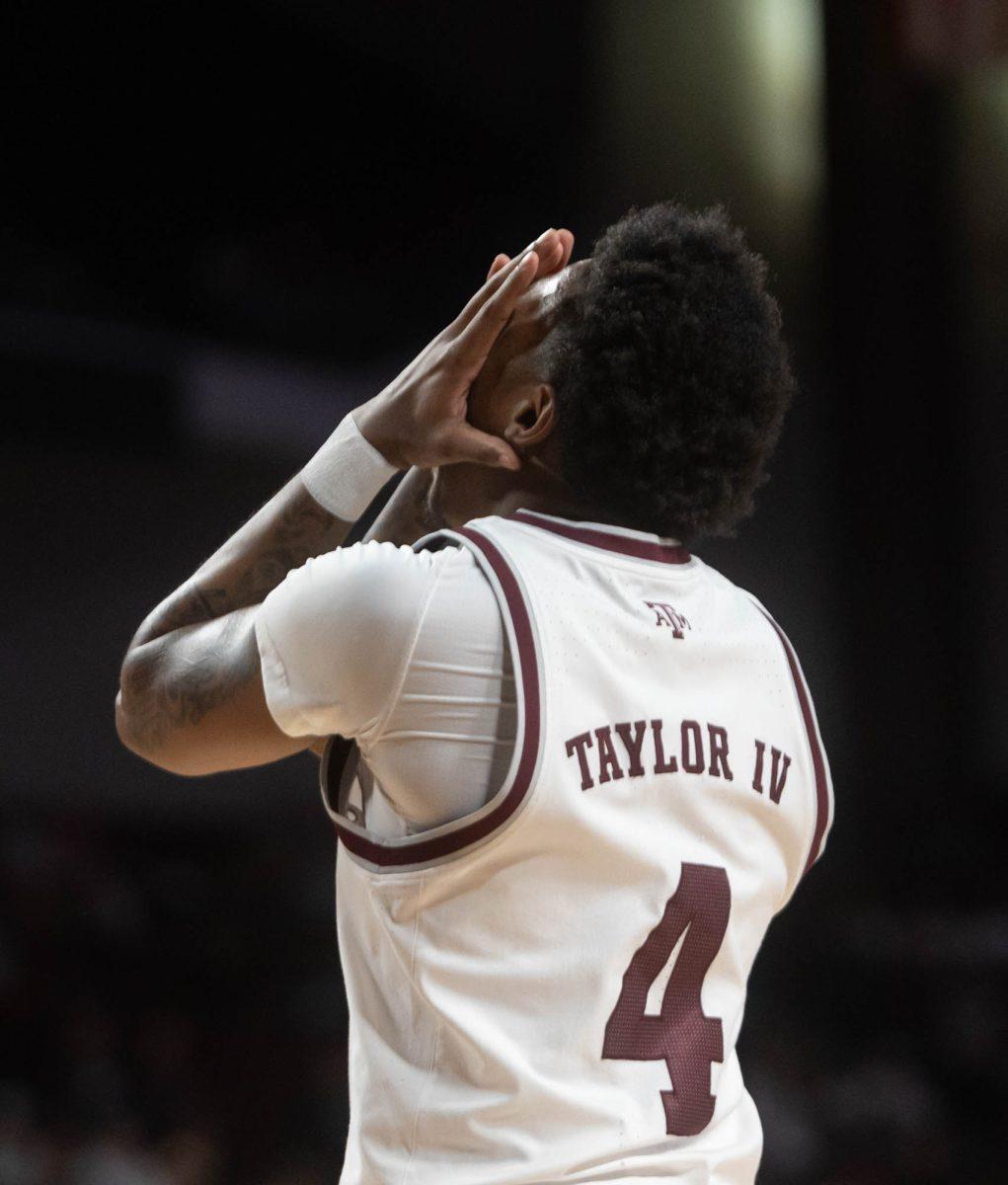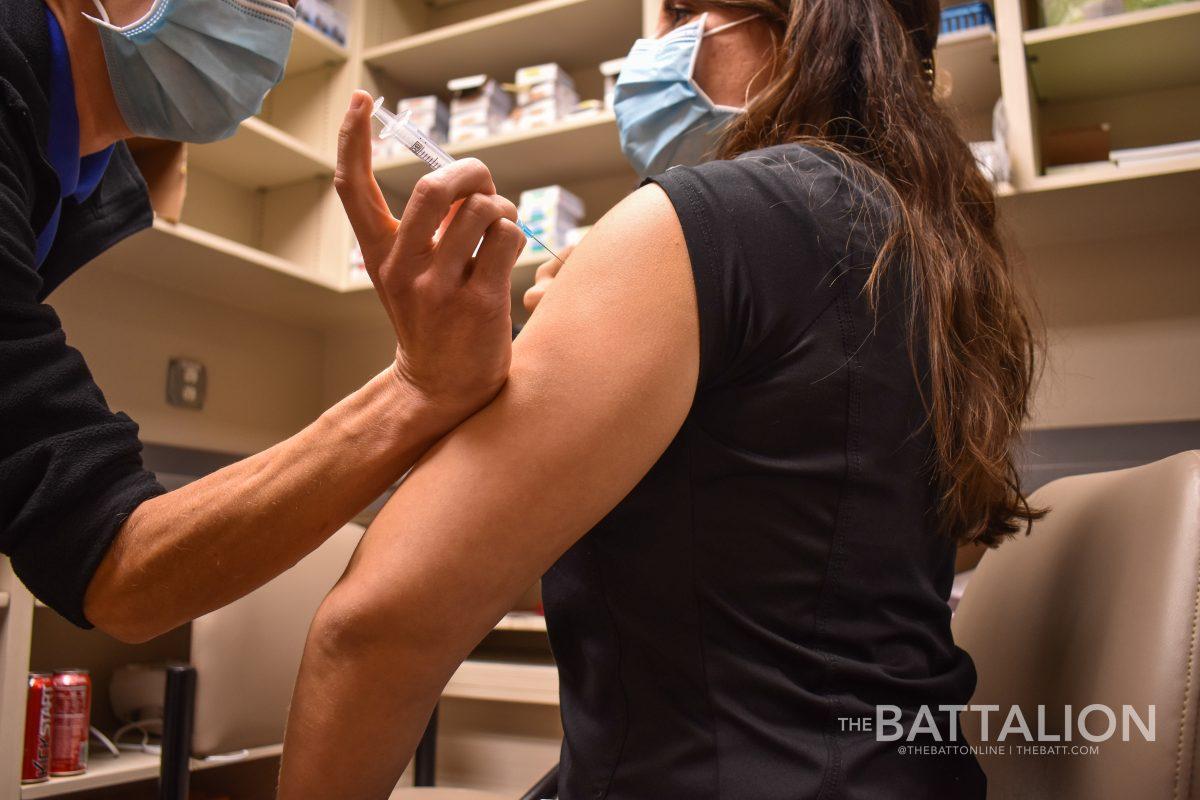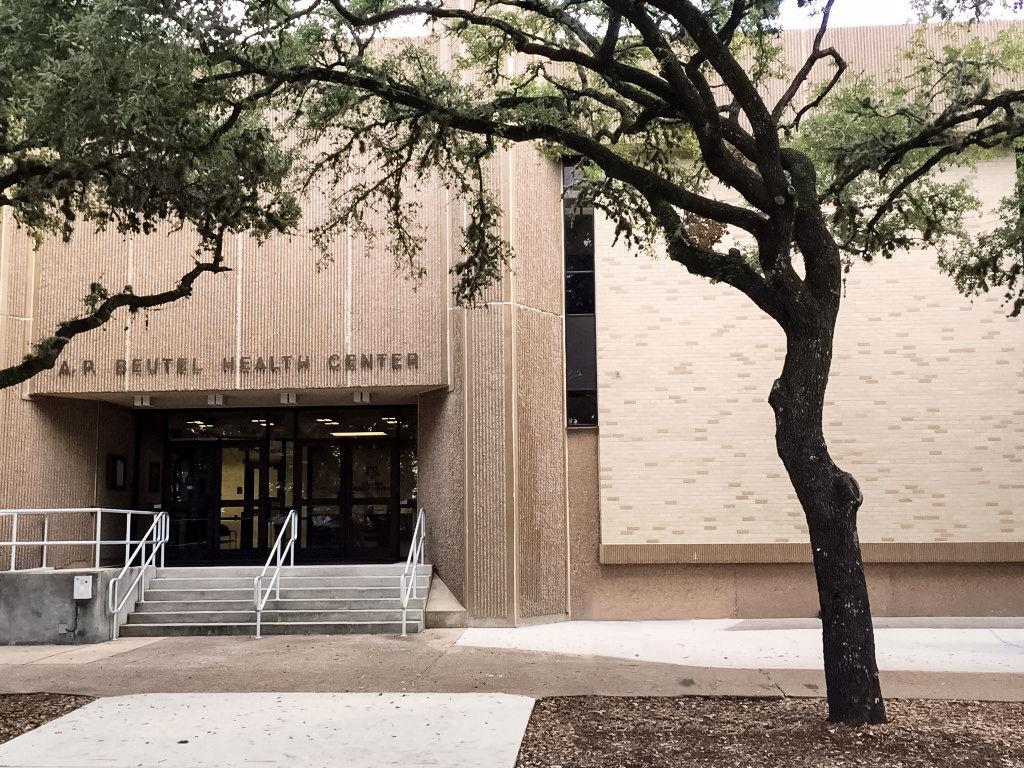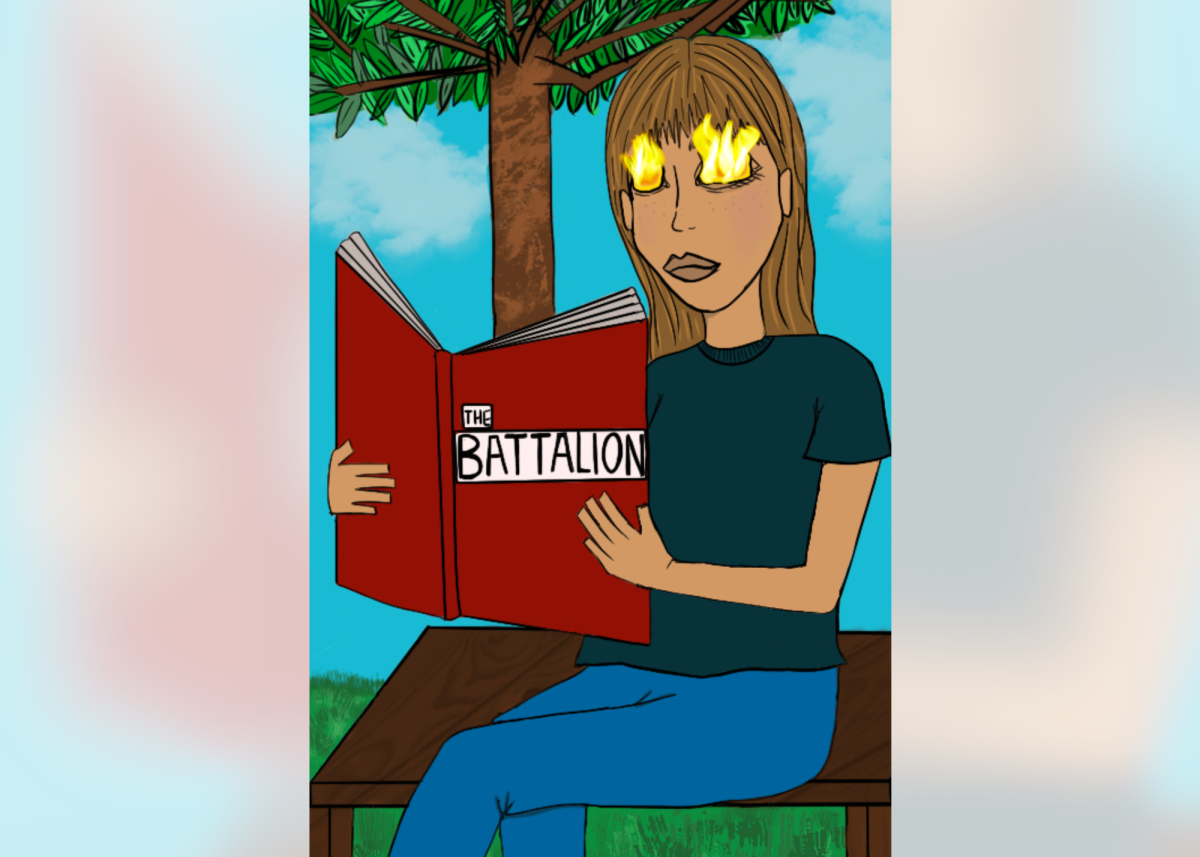The habitually polarized Senate turned a corner on March 28 when it finally came together to approve a $2 trillion economic stabilization package unanimously. The Coronavirus Aid, Relief, and Economic Security Act was signed into law by President Donald Trump as a response to provide financial relief to desperate and burdened Americans amid the coronavirus pandemic.
The package aims to allocate billions in funding hospitals and virus-related research on the front-lines of the pandemic and increase federally guaranteed loans to small businesses. The package, which proves to be the largest stimulus in the history of the United States, will provide emergency assistance for individuals, families and businesses affected by the unprecedented consequences of the pandemic through one-time stimulus checks. The legislation plans to send direct payments of $1,200 to millions of taxpayers who qualify. While the package may only render a short period of relief, these relief checks will undoubtedly prove to be a godsend for this frozen and debilitated economy in which COVID-19 has placed our country.
Despite these promises of relief, it almost seems as if lawmakers have caught one of the more financially vulnerable populations of Americans in the gap of eligibility. To qualify for a direct payment, one must have a Social Security number, maintain certain adjusted-gross-income thresholds and not be claimed as a dependent. The third qualification is where the gap seems to widen, as parents who have a Social Security number will receive $500 for each child only if the child is 16 or younger. Yet, the Internal Revenue Service defines a dependent as either a relative or a qualifying child who is under the age of 19 or the age of 24 if a full-time student.
This description translates to the fact that most college students are older than 18 but are claimed as dependents by their parents. The law also excludes their families from the direct form of relief provided by the stimulus checks. While some may perceive these checks as a small-scoped, short-lived relief, this unfortunately is not a privilege all Americans can have. These payments will be the temporary relief many families desperately need during these unknown times, but the language of the bill leaves many college students and their families uncertain. This exclusion of tax dependents seems to disrupt aid to students and their families supporting them.
It is easy to nit-pick the confusing and unfortunate gaps that students and their families have fallen into. Yet, there are many angles that we must look at when interpreting how the package intends to respond to the pandemic. College students are certainly not the only group of individuals that the act either unintentionally or intentionally skipped over. Adults with disabilities and senior citizens who are claimed as dependents or those without social security do not qualify by the bill as well. On the other hand, the package has certainly provided different areas of relief to college students. The CARES Act provides a temporary student loan relief that accedes payments toward student loan debt backed by the federal government through Sept. 30. It also volunteers direct aid to universities for emergency financial aid for students.
The anomalous economic situation we are in has placed many college students in the predicament of lost income and credit hours. The transition of college classes to the virtual classroom, the shut-down of campuses and the closings of many local businesses and service-sector jobs has significantly and directly impacted college students and their families. The layoffs will affect more substantially young people of ages 16 to 24, as the age margin accounts for 24 percent of employment in the higher-risk industries. If college students are listed as dependents, their parents are still financially responsible for them. It seems as if families would benefit from the same aid that their merely one year younger children are granted. It also bypasses the understanding that the outbreak has put college students in a similar situation of many working Americans. Circumstances have decreased their financial opportunities, but their tuition and rent have not.




